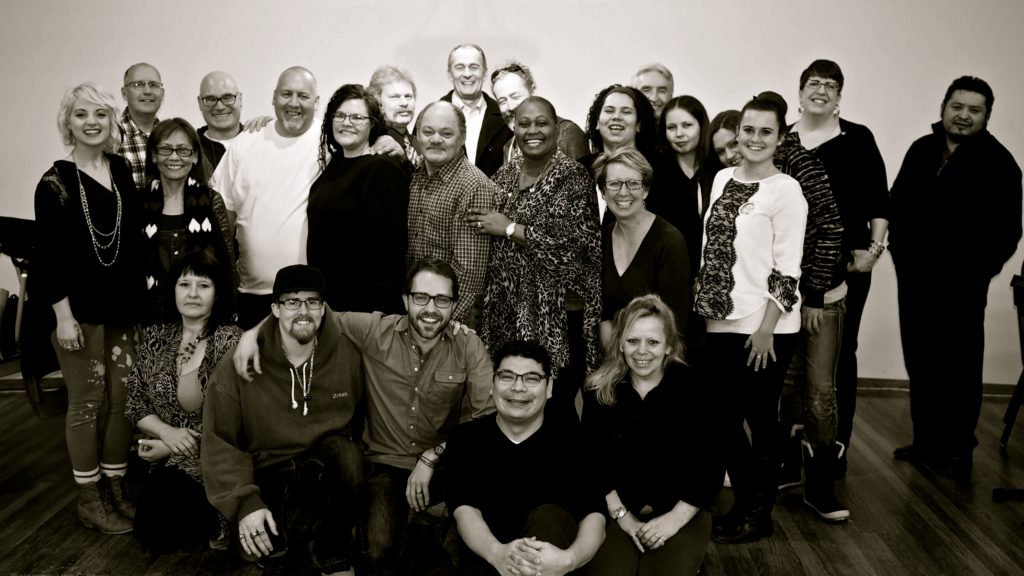
Churches invited to be part of the Restorative Justice Process
Restorative justice, in its simplest form, is the attempt to make things as right as possible between victims, offenders, and the wider community when some harm or crime happens. But what does that look like for those of us who work mostly with offenders, the folks who’ve hurt others or caused some sort of harm to others?
Most of my work is with men and women who’ve done federal prison time, and are transitioning into the Edmonton area. They are trying to write new chapters for their lives, to walk new paths, to live in ways that are not defined by their pasts. What does it for them to “make things as right as possible”?
Part of the answer, I think, is for faith communities and churches to create safe, welcoming spaces for folks leaving prison.
Every other Saturday, I facilitate a men’s group that usually consists of about a dozen men who’ve done time, and a dozen volunteers who want to support their reintegration. The group provides the space for our friends to explore a new identity, a new story for themselves – one that is not defined by crime, past abuse, or poor decisions. Rather, through discussions, outings, and – most importantly – eating together, the men who attend can start to heal, seeing themselves as people with a new future. They can start to ask what it might mean to make things right with the people they’ve hurt. And when they mess up or take a few steps back, our group is there to pick them up again.
Churches and faith communities are just the sort of places capable of providing this sort of community. It can be as simple as connecting with a local prison chaplain, reintegration chaplain, or community support program and asking where to begin.
Another important way to empower offenders to “make things right” with the wider community is to give opportunities for them to give back. Are there jobs that we can offer to former inmates as they make a new start, so that they can provide for loved ones, support themselves, be part of a healthy workplace, and contribute to the wider community? Are there volunteer opportunities that churches or their partners can offer, so that they can be givers and not just service-recipients?
Finally, churches and faith communities can make space for former inmates in their pews (or folding chairs or coffee shop benches). Many former inmates long for a sense of belonging. Churches can offer just that by the simple act of inviting them to church on Sundays, for coffee afterwards, or for lunch at the nearby diner when church is over. Those simple invitations can be an echo of Jesus’ invitation to “all those who are weary and heavy-burdened,” and can be an opportunity to journey with someone who – like all of us – needs a fellow pilgrim to join them on their way to making things right with those they’ve hurt.
-written by Jonathan Nicolai-deKoning (Rev), Reintegration Chaplain, Open Door Program (The Mustard Seed, Edmonton, AB)
The Open Door Program (participants and staff pictured above) is an Operation Manna partner.



